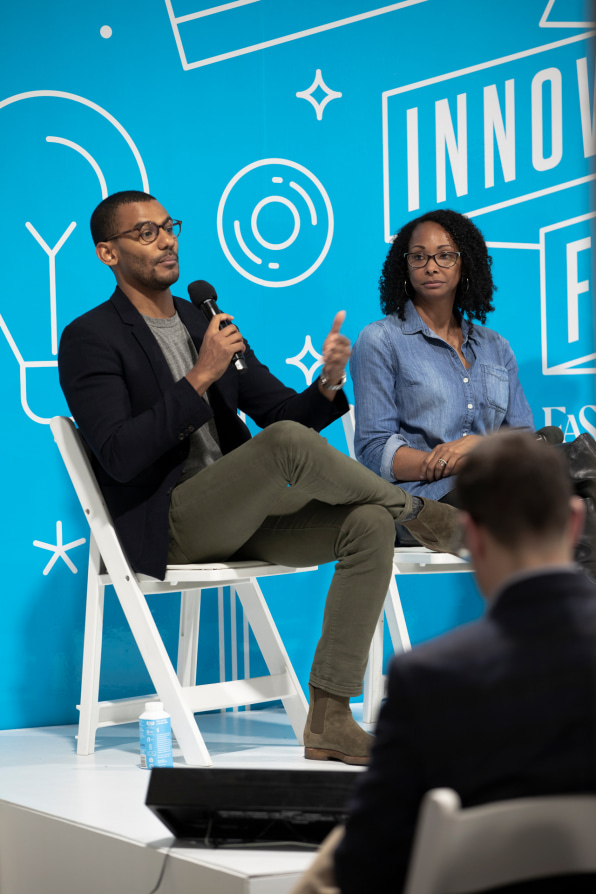These are the 3 things that companies get wrong about diversity
BY Anisa Purbasari Horton
11/07/2019
Companies spend a lot of money on diversity initiatives, and also on fixing the issues that often arise out of not making diversity and inclusion a priority. According to a 2017 report by the Kapor Center, titled “Tech Leavers Study,” systemic bias and mistreatment costs the tech industry $16 billion a year. Companies channel those funds to introducing diversity initiatives—yet very few have made substantial progress.
At the Fast Company Innovation Festival, three panelists who work in the diversity and inclusion space shared some of the misconceptions that can hinder a company’s progress. If companies want to make serious inroads into improving their numbers (and reaping the proven financial benefits as a result), it’s crucial that they take a look at themselves and make sure that they don’t fall into the following traps.
MISCONCEPTION: A DIVERSITY AND INCLUSION PERSONNEL WILL FIX EVERYTHING
Even if a company hires a diversity and inclusion officer, a company will make very little inroads if those at the top don’t consider it a priority. “How important D&I is to the company depends on how far they are to the CEO. If that person is eight people down, nobody cares,” argued Bärí Williams, Fast Company contributor and VP of legal, business, and policy affairs at startup advisory firm All Turtles. She said that a company will often dedicate money to initiatives and organizations like Code2040, yet they make no efforts to track any sort of metric. Investing in fellowships for underrepresented minorities, for example, won’t lead to progress if those participants aren’t getting full-time jobs afterward, according to Suzanne Kennedy, director, office of the chairman and philanthropy at IAC.
As a trained lawyer, Bärí Williams said that a rule is only as good as its enforcement. It’s also important to examine a company’s diversity and inclusion practice closely. Are they active in their own communities? If they aren’t, then it’s unlikely that they will be able to engage with, let alone [address] issues related to those outside for their own communities.
MISCONCEPTION: DIVERSITY IS A ZERO-SUM GAME
Some people also hold the belief that diversity means that one person’s gain is someone else’s loss. Ryan Williams, cofounder and president of Jopwell, a career advancement platform for black, Latinx, and Native-American professionals, said, “As long as people think lifting other groups is a detriment to themselves or the group to which they identify, we’re going to have issues.”

He goes on to reflect a conversation he recently had with an advertising executive. In advertising, he argued, the benefits of diversity is as clear-cut as it can be. The more your team reflects the population that you want to market to, the more products you’re likely to sell. Yet those in the industry who advocate for greater representation continue to get pushback. When people hear that their company needs to represent their customers, Ryan Williams said, they tend to think, “Well, what does that mean for me?” Diversity isn’t a zero-sum game, he asserted. “We can all win.”
Load older comments...
Loading comments...
You've Been Timed Out
Please login to continue